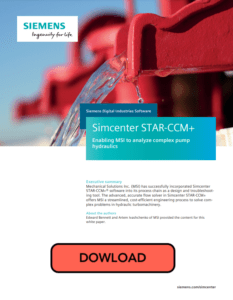
1. Sample Preparation
- Goal: Extract and prepare proteins from cells or tissues for detection.
- With Stain-Free: You still begin with standard sample preparation, including protein quantification, but now you can skip traditional staining.
2. Electrophoresis
- Goal: Separate proteins based on size via gel electrophoresis.
- With Stain-Free: Use TGX Stain-Free gels that do not require post-run staining. The gels contain a trihalo compound that binds covalently to tryptophan residues, making proteins visible immediately after UV activation.
3. Transfer
- Goal: Transfer proteins from the gel to a membrane for detection.
- With Stain-Free: After electrophoresis, proteins are transferred using the Trans-Blot™ Turbo Transfer System (takes 7 minutes). Stain-Free imaging allows you to quickly verify the efficiency of the transfer without additional staining.
4. Immunodetection
- Goal: Use antibodies to specifically detect proteins of interest on the membrane.
- With Stain-Free: Total protein normalization is possible as the Stain-Free method provides total protein visualization, eliminating the need for traditional staining to assess loading and transfer efficiency.
5. Image Acquisition
- Goal: Capture images of the proteins on the membrane for analysis.
- With Stain-Free: Using a Bio-Rad Stain-Free–enabled imager, you can immediately visualize protein bands without staining delays. The fluorophore bound to the proteins during UV activation provides clear, fast images.
6. Image Analysis
- Goal: Analyze and quantify protein levels.
- With Stain-Free: The Stain-Free imaging system offers superior sensitivity (detection down to 10–25 ng of protein) and a predictable dynamic range for quantification (10–80 μg total protein load). This allows for reliable, reproducible data, with no need for stripping or reprobing.
Stain-Free Technology Advantages
- Enhanced Sensitivity: Stain-Free technology can detect proteins at lower concentrations than traditional Coomassie Blue stains, offering superior sensitivity for proteins with higher tryptophan content.
- Quick and Efficient: The Stain-Free workflow is faster (completing in about 5 hours) compared to traditional methods that take 16 hours. Additionally, total protein visualization is available at every step, allowing for immediate assessment of transfer and protein load.
- No Staining and Destaining: Unlike traditional methods, you don’t need to worry about time-consuming staining or destaining steps, streamlining the entire process.
Downstream Compatibility
Stain-Free technology also supports various downstream applications, including:
- Western Blotting: Accurate quantification and normalization using total protein measurement.
- Chromatography: Quick verification of protein purity without staining.
- Mass Spectrometry: Enables better workflow by eliminating manual staining and destaining steps.
This article is posted at bio-rad.com

Please fill out the form to access the content







